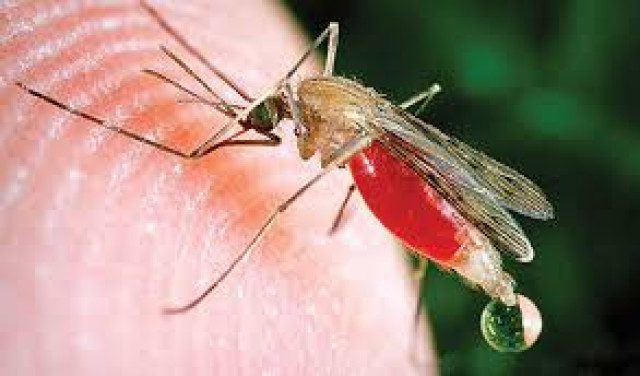The government of Niger State has urged civil society organizations, as well as traditional and religious leaders, to advocate for an increase in the current 1 percent budget allocation for the health sector to effectively combat malaria, tuberculosis, HIV, and AIDS.
During a two-day meeting focused on the Operation Modalities of the National Community-Led Monitoring (CLM) Plan for all 36 States and the Federal Capital Territory, which was organized by the Civil Society Organizations on Malaria Immunization and Control (ACOMIN) in Minna, Dr. Ibrahim Dangana, the Commissioner for Primary Health Care, stated that many Nigerians are unable to afford malaria treatment.
It is important to highlight that the Federal Government has allocated just 1 percent of its Consolidated Revenue Fund (CRF) to the Basic Health Care Provision Fund (BHCPF) aimed at improving healthcare services, particularly at the grassroots level.
Dr. Dangana, represented by Dr. Samuel Jiya, the Director of Disease Control and Immunization, indicated that healthcare costs in Nigeria are rising steeply as many are incurring out-of-pocket expenses.
He emphasized the importance of civil society organizations, traditional, and religious leaders to advocate for increasing the health sector's budget allocation from the current 1 percent to at least 10 percent at all levels of government—federal, state, and local.
While praising ACOMIN's efforts in the State, Dr. Dangana remarked that the CLM Plan is significant and can help enhance the quality of life for residents.
Earlier, Olasukanmi Kalejaiye, the State Coordinator for ACOMIN, reiterated the organization's dedication to preventing malaria, tuberculosis, and HIV/AIDS in the state, noting that community-based organizations still need to improve their health service delivery, especially in terms of stakeholder and community involvement.
He stressed the necessity for collective efforts to comply with the guidelines outlined in the document, as there are still issues to address to achieve improved services and favorable outcomes.
During the discussions, Mrs. Deborah Philip from the State Tuberculosis Control Program, Angela Leki from the Network of People Living with HIV and AIDS in Nigeria (NEPWHAN), and Kauna Support Initiative expressed their appreciation for the participants' commitment to embracing the national CLM plan.




















